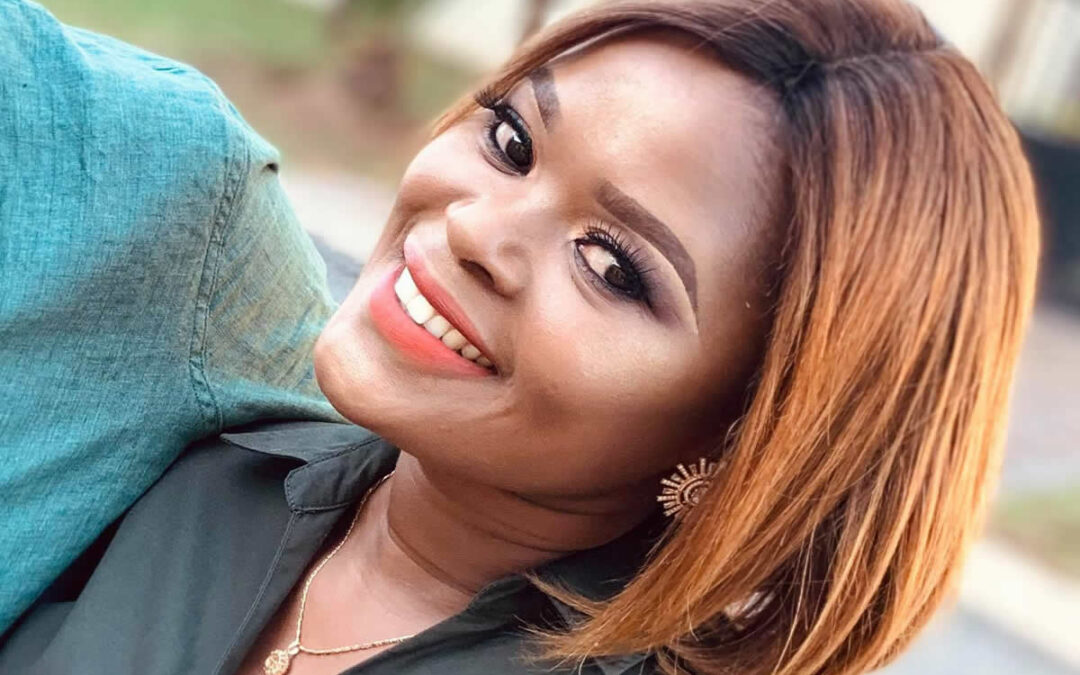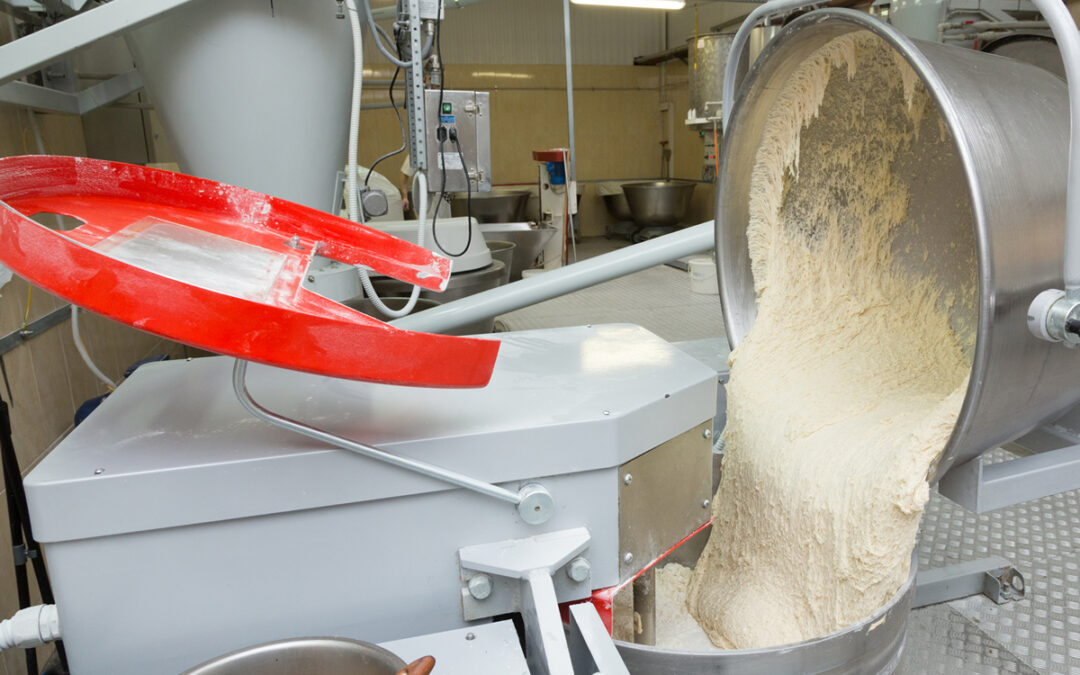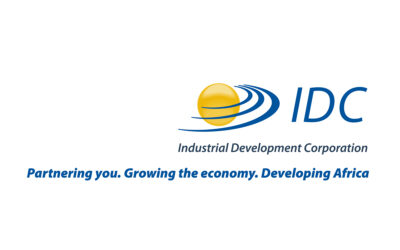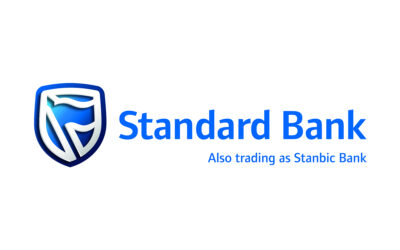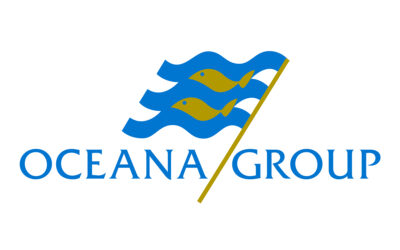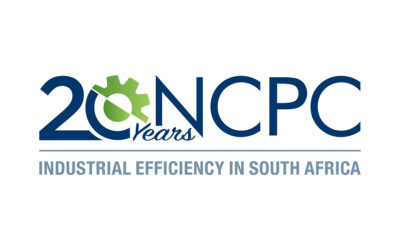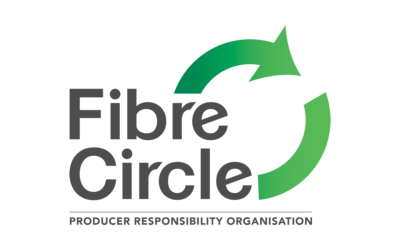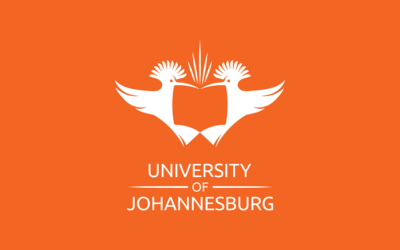“Angus McIntosh is one of two producers of grass-fed, pasture-reared beef in the Western Cape.
It was his time building clay homes that set him on this path and led to him becoming a biodynamic student, grass farmer and carbon sequestrator. He moved to Stellenbosch to farm in 2008.
McIntosh uses biodynamic, regenerative agricultural practices: sensitive pasture management focusing on short duration, high-density grazing. His butchery is nitrate-free – the only one able to make this claim in South Africa, and an impressive achievement among many firsts. His were the first burgers sold using 100% compostable packaging and, in 2013, Farmer Angus became the first in the world to sell carbon credits for increasing the carbon contents of his pastures.
He is working on removing all alien vegetation from the farm to convert into the fertiliser Biochar.
He believes his work is important because, according to the Indigo Global Wellness Index, South Africa is the unhealthiest country in the world, with significant pollution and degradation of the land.
McIntosh has gone as far as to ban the word “sustainability” on his farm, saying that we’ve gone past the point of being able to sustain anything: “Regeneration is what is required.””
“We have no choice but to heal the earth and, at the same time, feed ourselves with nutrient-dense food.”

